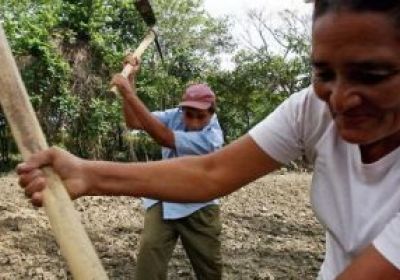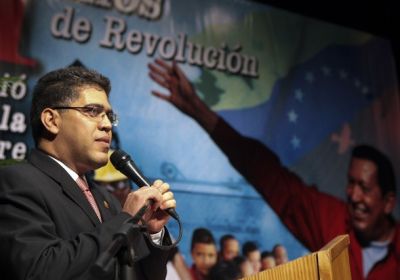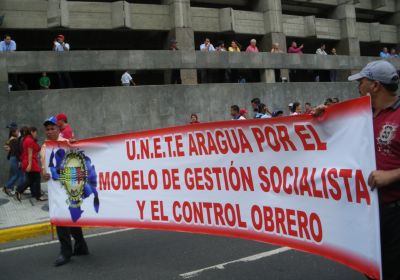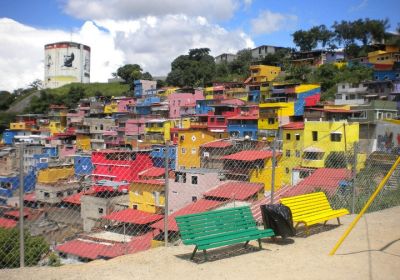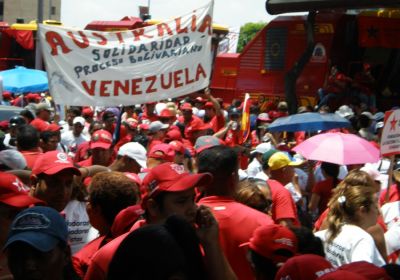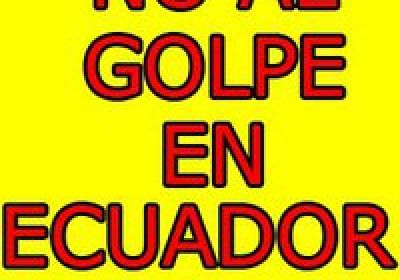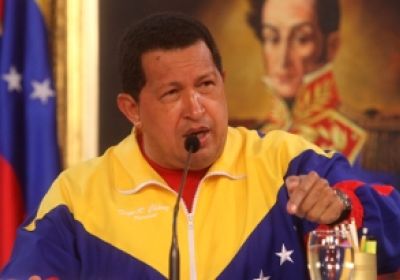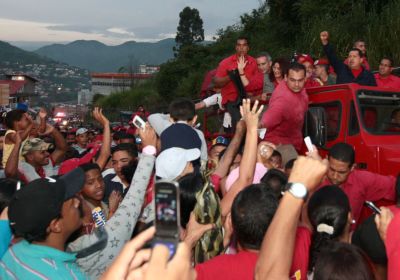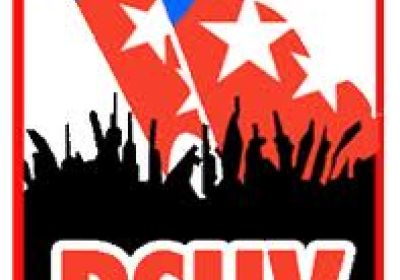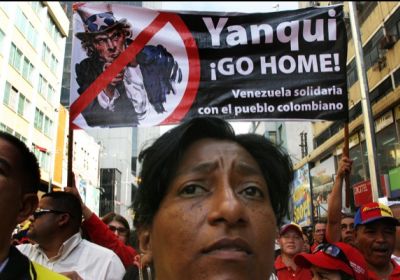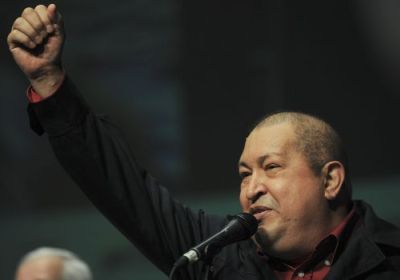
Venezuelan President Hugo Chavez has criticised the US State Department’s “absurd” decision to threaten Latin American countries with sanctions should they engage in trade with Iran.
Chavez made the comments on the state VTV channel after State Department spokesperson Victoria Nuland warned Latin American countries they would be liable to US sanctions if they were to use Iranian banks or purchase Iranian oil.
